If there was a scene that perfectly captured this year’s BFI London Film Festival — and its growing importance on the awards calendar — it was around midday on the fest’s first Sunday at Soho House’s flashy hangout 180 The Strand.
In a chaotic room bursting with guests and where elbow room was at an absolute premium, Jacob Elordi, Oscar Isaac, Mia Goth, Colin Farrell, Rian Johnson, Joel Edgerton, Felicity Jones and Kerry Condon graciously juggled meet-and-greets as trays of canapes were navigated between bodies with expert precision. Meanwhile, away from the noise and toward the — slightly — less crowded pool area outside, Guillermo de Toro held court at a table and, further down, Noah Baumbach casually chatted with a group including awards vet Lisa Taback.
Netflix’s annual brunch has been a hugely popular LFF stop since it started just a few years ago, giving voters, industry movers and the press the chance to have a brief, friendly and PR-coordinated chinwag with a small selection of the streamer’s film talent over a (well-concocted) Bloody Mary. In 2024, “Emilia Pérez” star Selena Gomez brought some A-list pizazz to the event (sparking multiple selfie requests). But the 2025 edition was something else. Netflix was, as one guest noted, “really going for it.”
It wasn’t the only one.
While LFF may be a public-facing event, for many in the industry it’s also risen to become the unofficial starter gun for awards season (at least from the international courting perspective), and where studios, streamers and indie distributors are now throwing resources — and star power — like never before.
“It’s like there’s a film festival and a whole other awards festival happening alongside it,” says one seasoned awards veteran, who points out one of the chief reasons why — London has the largest concentration of AMPAS voters outside of the U.S. Some 800 reside in the U.K., 7% of the total, while across Europe the number more than doubles to 1,750 or 15% (many of whom flew in for the festival). And these are figures that have been rising steadily.
This year’s Oscars underlined the importance of the ever-growing international bloc — with multiple statuettes, including best picture, for Palme d’Or winner “Anora” and surprise win for silent Latvian indie animation “Flow.” To capture a large chunk of these voters in one easy swoop, London has become an extremely efficient place to start.
With that in mind — and with the 2025 festival lineup containing almost every title expected to be in awards contention — this year has seen more industry offerings, special screenings and Q&As than ever before, with many films getting multiple events. Among those that insiders suggested were being given a noticeable push were Chloé Zhao’s “Hamnet,” Joachim Trier’s “Sentimental Value,” Baumbach’s “Jay Kelly,” del Toro’s “Frankenstein,” Yorgos Lanthimos’ “Bugonia,” Luca Guadagnino’s “After the Hunt” and Nia DaCosta’s “Hedda.” (There were some notable absentees, of course — Josh Safdie’s “Marty Supreme,” already considered a dead cert for the awards race, didn’t make it to London).
“We’ve seen a real confidence from studios and the independent sector that LFF has become the perfect opportunity to launch awards campaigns with gusto,” says DDA’s vice president of awards Sam Ross, speaking the morning after an evening in which his team oversaw five events. Ross notes that, while most of the movies premiered at other festivals and may have had “the odd” awards screening in the U.S. already, LFF was the “first time that all these films are together in one festival — so from our side it’s 10 days packed out with high-quality films and top talent filing out screening rooms and attending all the festival adjacent events.”
And these events are becoming more elaborate, impressive and expensive. Alongside the festival screenings and red carpets, there have been multiple screenings and Q&As for BAFTA voters, AMPAS voters and at the various guilds, plus dinners, receptions, tastemaker events and parties. One awards insider said that London’s more popular screening venues had been “booked out for months” (and were also booked out until the end of the year). And then there’s the third-party events, with AMPAS hosting its annual reception for new members and the Golden Globes now having joined the fray — its cocktail reception at the Dorchester Hotel this year drew the likes of Channing Tatum from “Roofman,” Amanda Seyfried from “The Testament of Ann Lee,” Tessa Thompson from “Hedda” and Claire Foy from “H Is for Hawk.”
For “Hamnet,” BAFTA voters were offered three opportunities to see the film, one followed by a Q&A with Zhao and her lead cast, including Paul Mescal and Jessie Buckley, and another with a Q&A with Zhao and her heads of department.
“Frankenstein,” meanwhile, alongside Elordi, Isaac, Goth and del Toro’s presence at the Netflix brunch and several other special events, was given an entire exhibition — with film props, artwork and costumes displayed at the Old Selfridges Hotel next to the famed department store. Ahead of its public opening, Netflix bussed guests to the exhibition from a special screening of the film at BAFTA headquarters, where del Toro and stars gave an introduction. “Guillermo del Toro’s Pinocchio,” the Mexican auteur’s last film, previously world premiered in London on its way to winning the best animation Oscar.
Such is London’s growing status, that talent looking to court votes are now having to give it much more than the cursory 24-hour visit they might have done in previous years.
“Many are now coming into town and spending a few days here — and across those days are doing multiple events,” says Ross, who says that distributors are now planning entire European tours around their film’s London dates.
The hectic nature of it all has not gone unnoticed, with talent being whisked back and forth around the capital to events often happening simultaneously. Josh Brolin, Mila Kunis, Cailee Spaeny, Kerry Washington and other stars of Rian Johnson’s LFF opening night film “Wake Up Dead Man: A Knives Out Mystery” hit the stage at the Royal Festival Hall to present the film, were swiftly transported over the Thames to the Ham Yard Hotel for a Netflix tastemaker screening Q&A (where Josh O’Connor, who narrowly missed the premiere after returning from a shoot, joined them), and then went back in time for the opening night party.
Jon M. Chu didn’t even have a film in the festival program — “Wicked: For Good” is not launching until November — yet was on an impressive, diary-busting charm offensive for the first half of the festival, with perhaps a hope that international voters might get him the best director Oscar nomination he missed out on last time. Alongside an extensive on-stage screen talk at the BFI Southbank, Chu was honored at a special BFI lunch, joined the cast of the “Wicked” West End musical on stage at the Apollo Victoria Theatre and even introduced a special screening of “Singing in the Rain” and “2001: A Space Odyssey” at the popular arthouse Genesis cinema.
With the voter count growing and more production and talent shifting to the U.K., London’s new status as an awards season curtain raiser — one that has been brewing for several years — doesn’t appear to be going anywhere soon. But any further growth might require at least one change.
As one attendee at the Netflix brunch noted: “They need to get a bigger venue next time.”

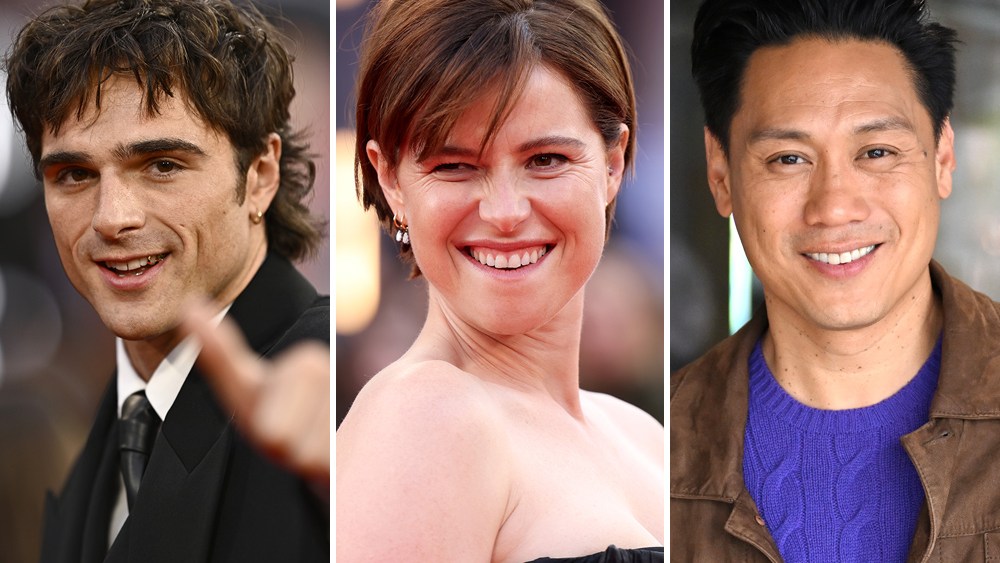
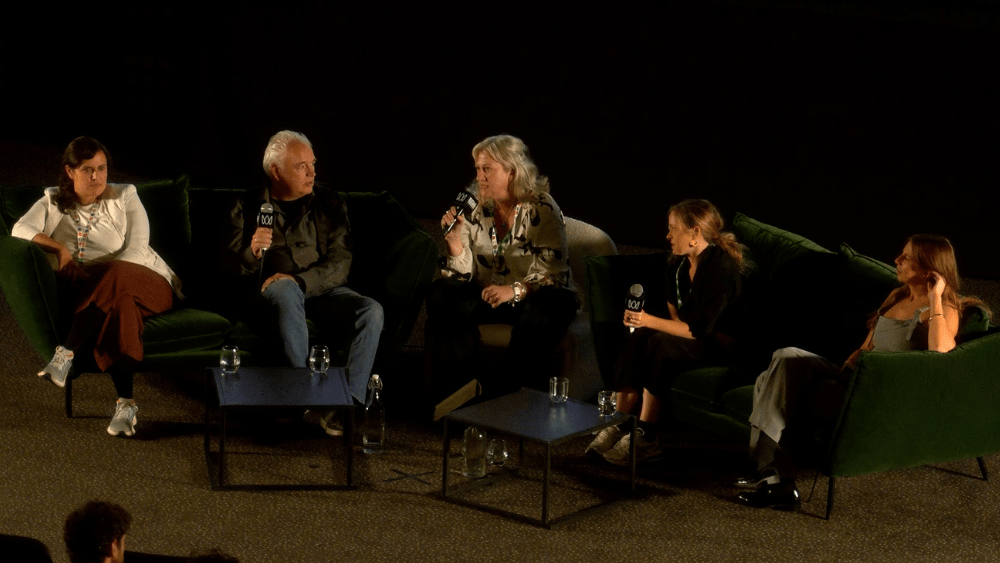
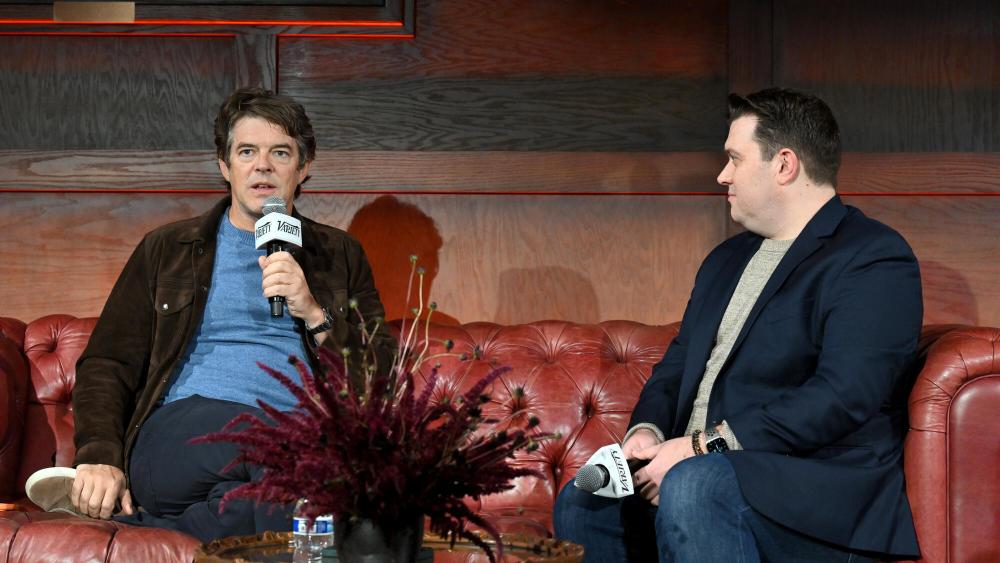


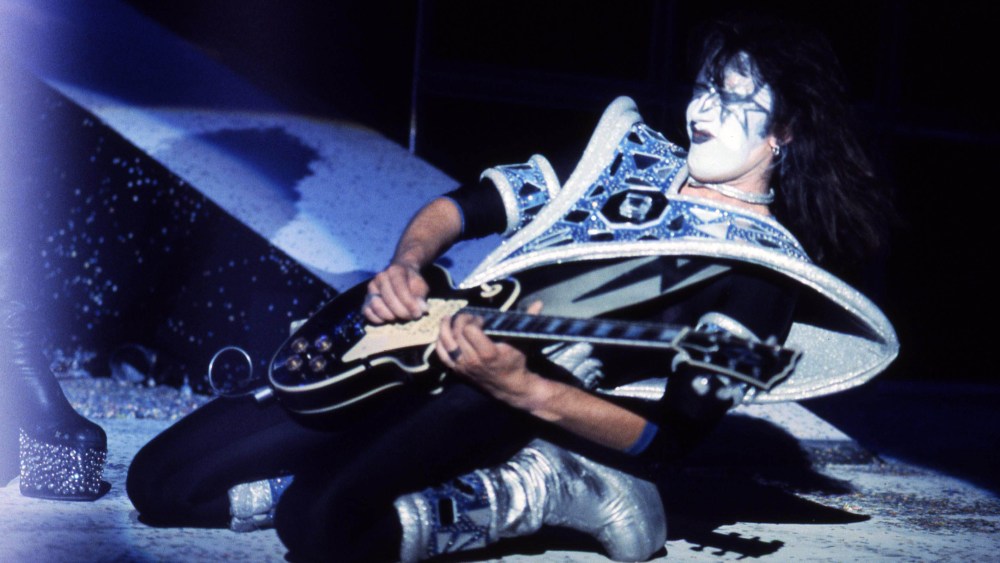
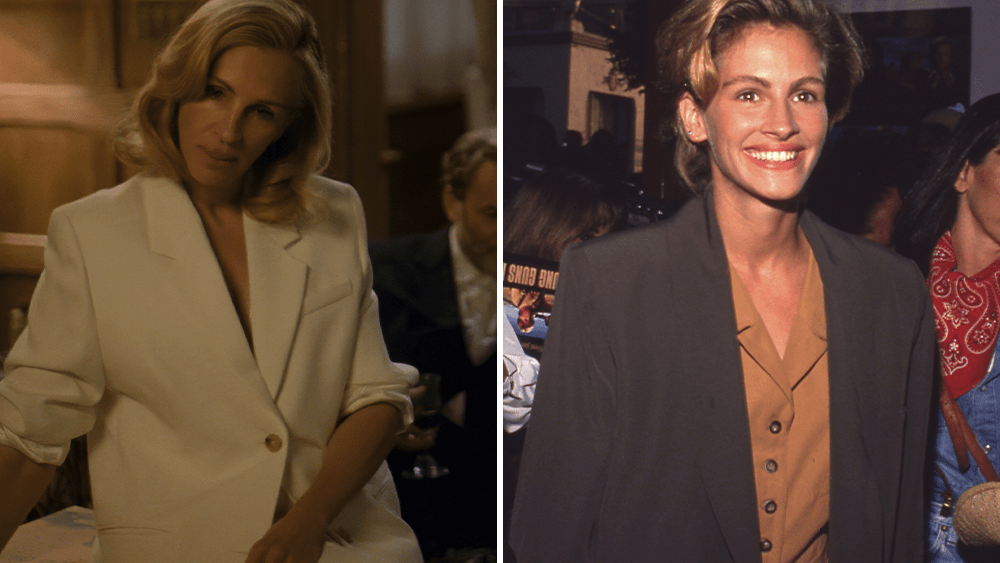
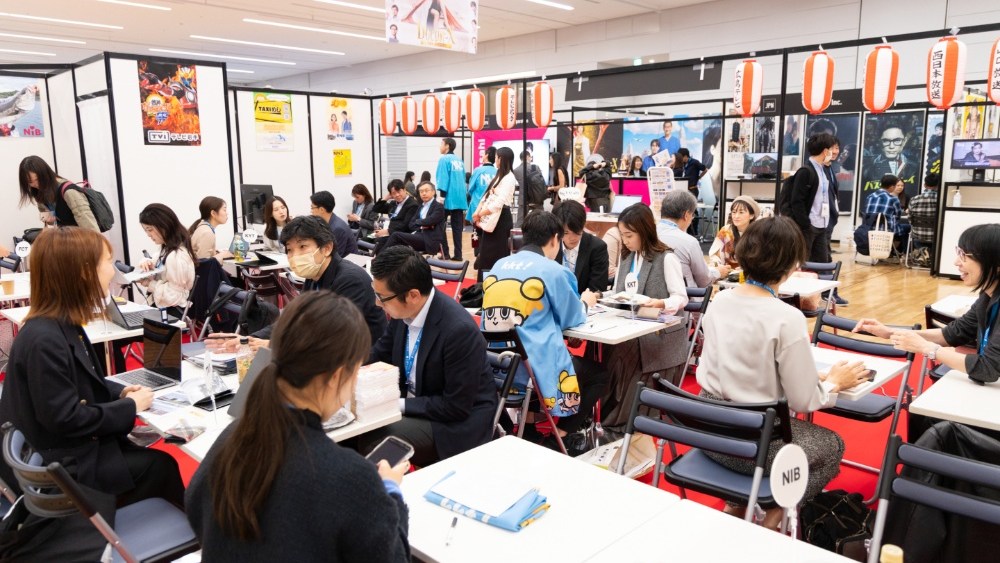
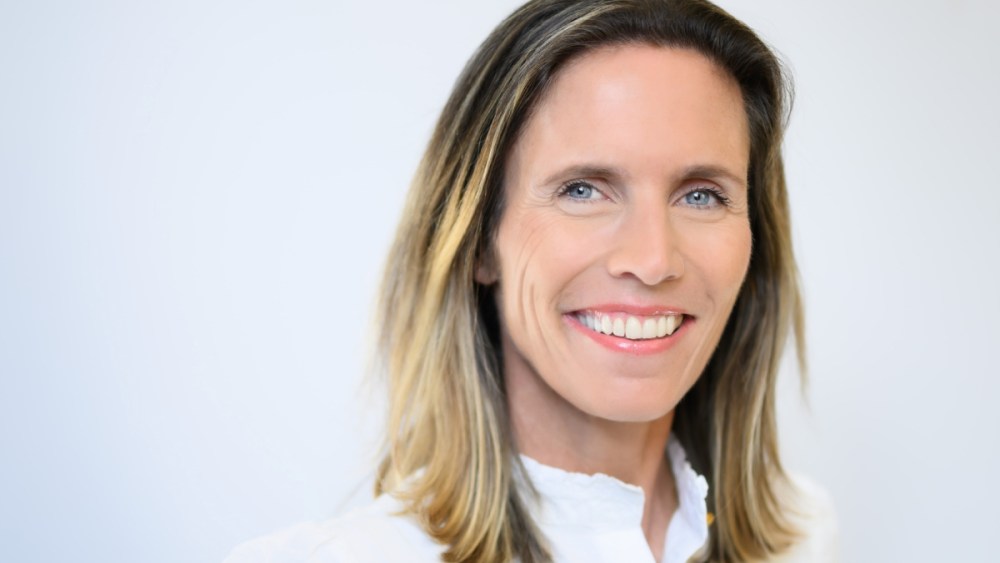
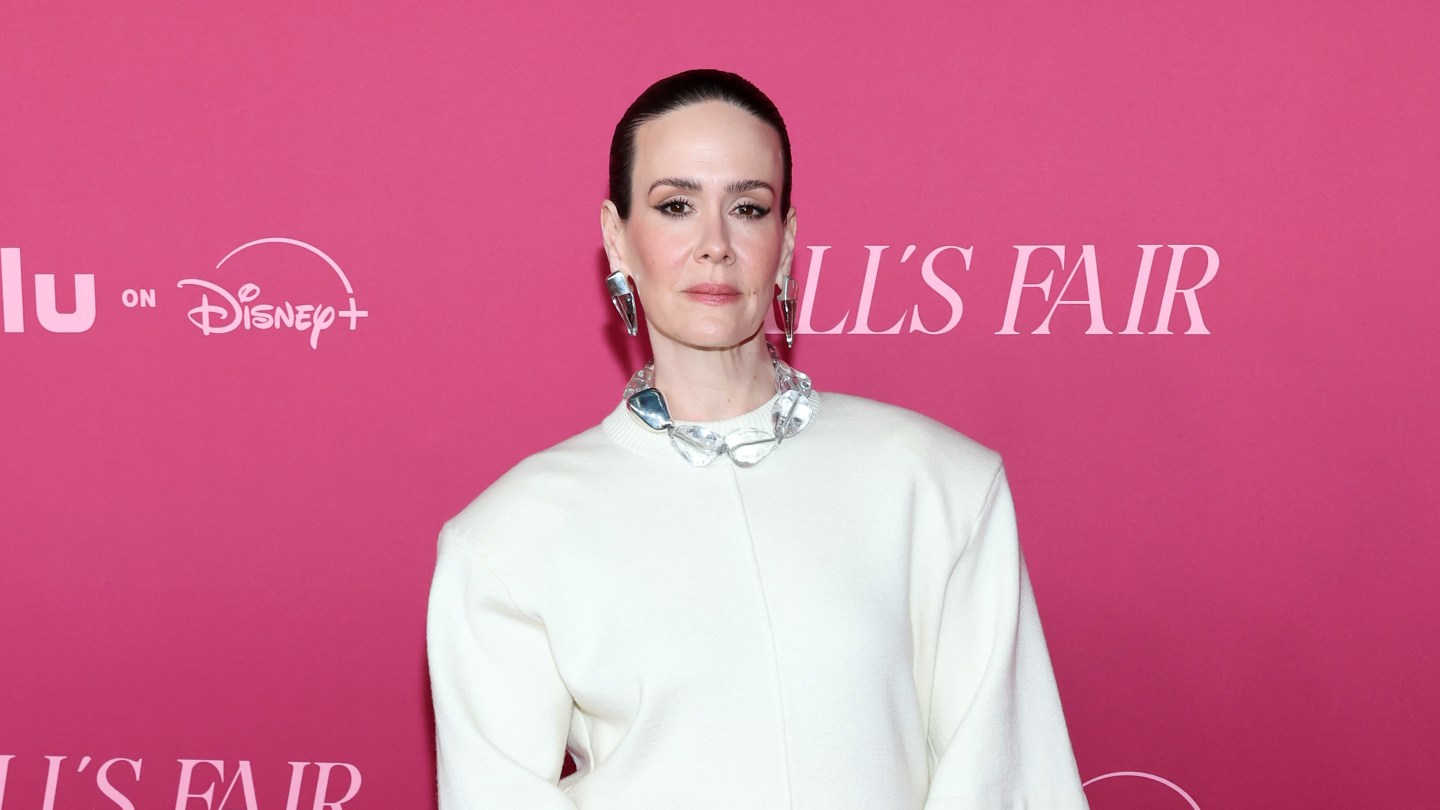
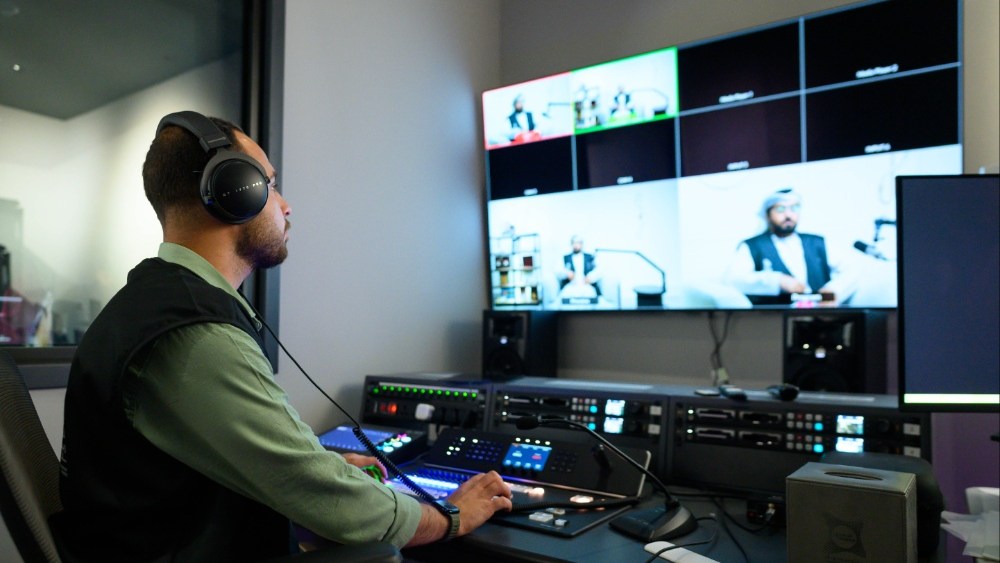

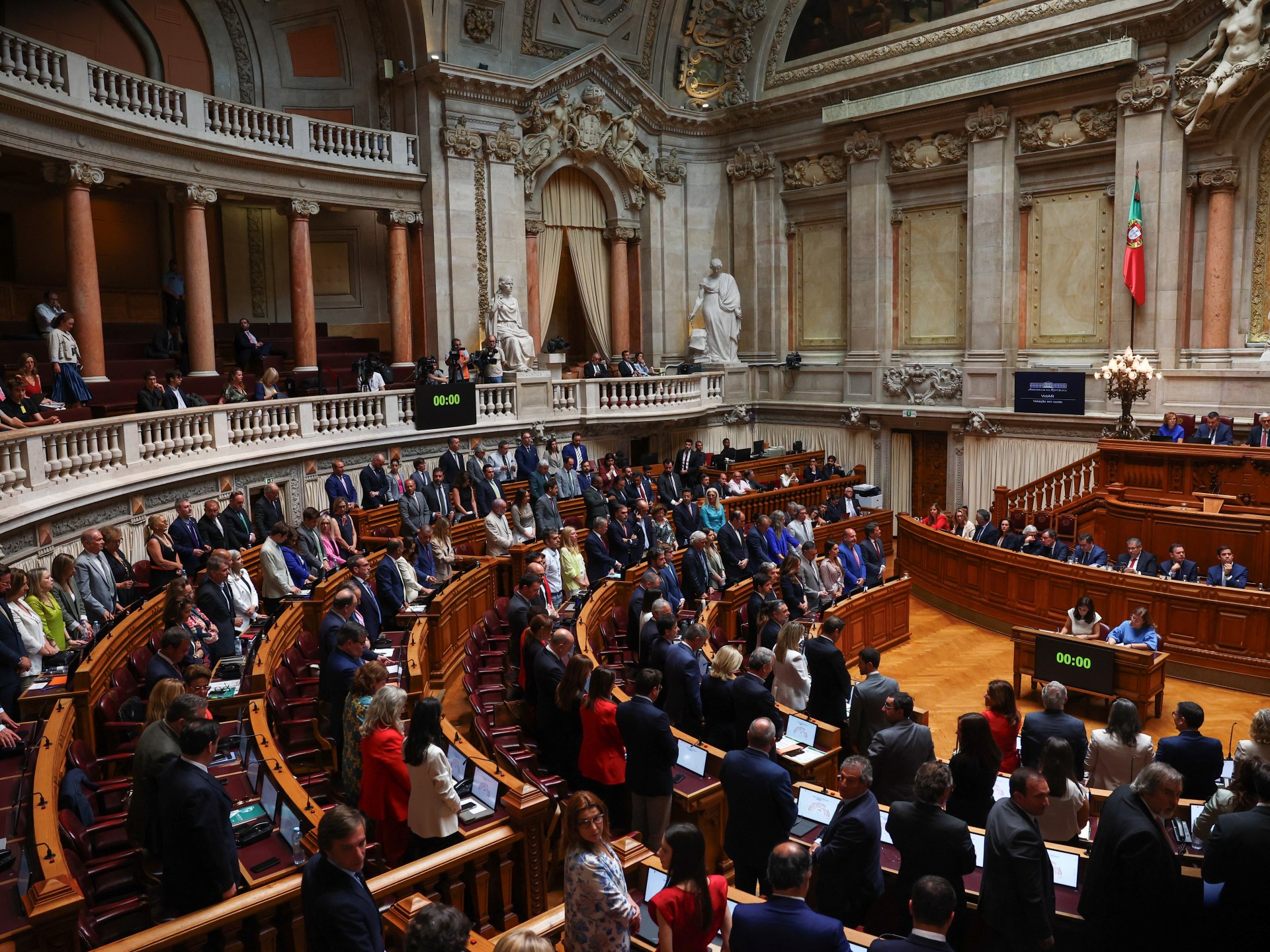


Leave a Reply